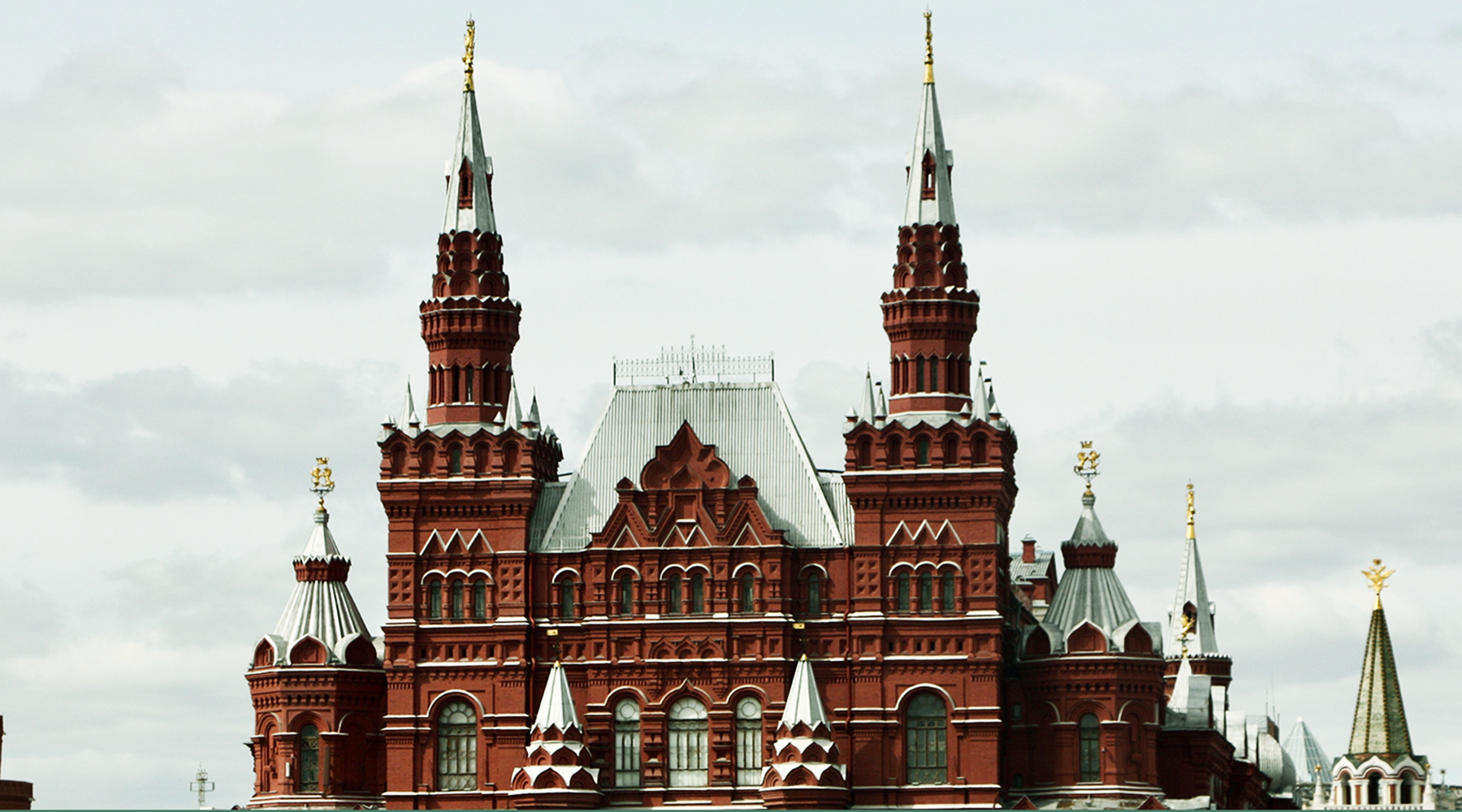
Further to our previous sanctions updates we herewith provide a further update of recent sanctions developments:
Sanctions newsletter of 3 of March
Sanctions newsletter of 25 of February
Reports from the media suggest there are ongoing discussions within the US administration to impose a more comprehensive ban on Russian goods.
It is difficult to obtain reliable information about actions taken by the Government of Russia partly because of poor access to Russian governmental websites. The below is a summary of our understanding of steps taken:
A list of “unfriendly states” comprising of 48 countries including all EU member States and the United States has been issued
Russian entities must sell 80 % of the foreign currency they have received as a result of supplying goods, works, services or intellectual property abroad from 1 January 2022. In addition, absent authorisation, Russian entities are prohibited from lending foreign currency to non-residents, placing foreign currency on the foreign accounts of such persons, as well as making payments through foreign processing systems without opening bank accounts.
Certain transactions involving the lending of roubles or dealings in real estate and securities and which involve Russian residents and legal entities which are either established in unfriendly states, doing significant business there or deriving significant profit therefrom, as well as entities controlled by entities meeting these conditions, need authorisation.
Certain payments involving credits, loans and financial instruments by Russian debtors towards foreign creditors in unfriendly states are temporarily restricted. Russian debtors may fulfill their payment obligation by paying the amount due to a special account in the name of a foreign creditor or a foreign nominee holder of securities, in roubles. Reportedly, the funds cannot be exchanged or transferred outside Russia.
On March 10, the Russian government announced that it had approved a list of imported goods and equipment that are temporarily prohibited from being exported from Russia. The list includes over 200 products, including technological, telecommunication and medical equipment, vehicles, agricultural machinery, electric equipment, as well as railway cars and locomotives, containers, turbines, metal and stone cutting machines, video displays, projectors, consoles and switchboards.
A legislative proposal has been made to the effect that Russian companies controlled (25% or more ownership) by foreign entities in unfriendly states having a balance sheet of more than 1 billion roubles or more than 100 employees that withdraw/suspend their activities in Russia, and this results in that the company is deemed to be unable to perform its obligations or exercise its activities in substantially the same way that it did before, could be placed under forced external management. According to the proposal, the owners of the company will only be able to refuse external administration if either business resumes in Russia, or if the shares are sold under terms that business is upheld and employees maintained. If the owner does not agree to either of these conditions, the company will be put under external administration for three months, after which the company's shares will be put on the market. The potential buyer must agree to keep no less than 2/3 of the working stock and continue the business activities of the old company for at least one year.